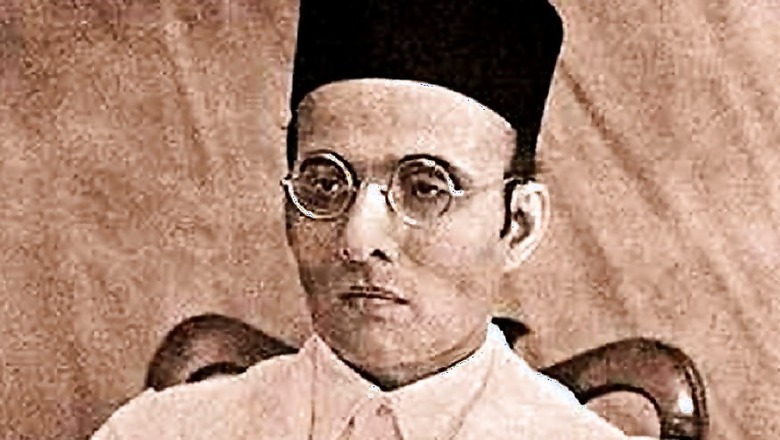
views
Veer Savarkar or VD Savarkar was born on May 28, 1883 in Bhagur, a city in Maharashtra’s Nashik. Born and brought up in a Marathi family, Savarkar grew up to be an Indian freedom fighter, activist, politician, lawyer, writer and formulator of the Hindutva philosophy. However, unlike freedom fighters like Bhagat Singh and Lala Lajpat Rai, Savarkar is selectively followed by the followers of Hindutva ideology, namely the RSS and its organisations.
An instrumental name in forming the idea of a Hindu nation, Savarkar advocated Hindu religion and Hindutva. As PM Narendra Modi and senior BJP leaders pay their respect to Savarkar on Veer Savarkar Jayanti, here are some lesser-known facts about the Indian freedom fighter.
1. In his teenage, Savarkar formed a youth organization. Known as Mitra Mela (Group of Friends), this organization was put into place to bring in national and revolutionary ideas.
2. Savarkar was against foreign goods and propagated the idea of Swadeshi. In 1905, he burnt all the foreign goods in a bonfire on Dussehra.
3. Savarkar championed atheism and rationality and also disapproved orthodox Hindu belief. In fact, he even dismissed cow worship as superstitious.
4. Savarkar studied at Gray’s Inn College in London.
5. In his book, The History of the war of Indian Independence, Savarkar wrote about the guerilla warfare tricks used in 1857 Sepoy Mutiny. While the book was banned by Britishers, Madama Bhikaji Cama published the book in Netherlands, Germany and France, which eventually reached many Indian revolutionaries.
6. Savarkar was arrested in 1909 on charges of plotting an armed revolt against the Morle-Minto reform. He also tried to escape by diving in the water but was arrested. He was sentenced to two life sentences i.e. 50 years in the cellular jail of Andamans, also known as Kala Pani, in 1911.
7. Though Savarkar was released in 1924 under strict conditions of not participating in politics for 5 years, he decided to work on abolishment of untouchability in Ratnagiri. Dr Babasaheb Ambedkar also compared his work to Lord Buddha.
8. Veer Savarkar also founded the two-nation theory in his book ‘Hindutva’ calling Hindus and Muslims two separate nations. In 1937, Hindu Mahasabha passed it as a resolution.
9. It was in year 1964, when Savarkar declared his wish to attain Samadhi and started hunger-strike on February 1, 1966 and passed away on February 26, 1966. He believed that his purpose of life is solved as India has gained Independence.
10. In 2002, Port Blair airport at Andaman and Nicobar's Island was renamed after Veer Savarkar International Airport.











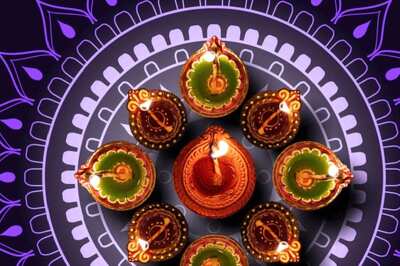

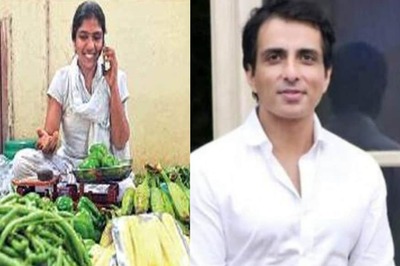

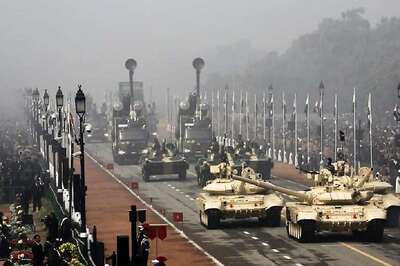
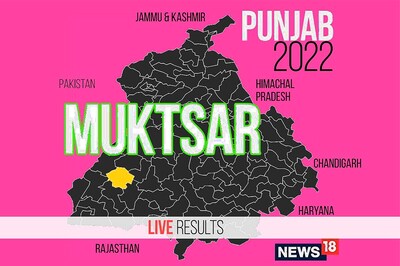

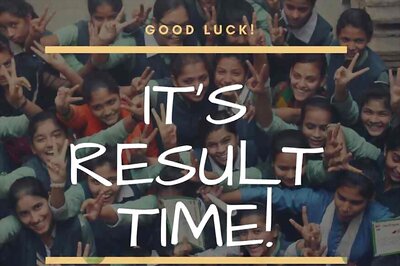

Comments
0 comment